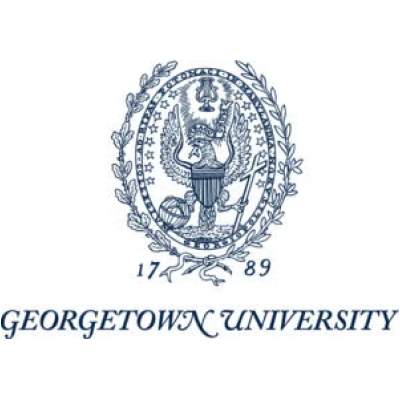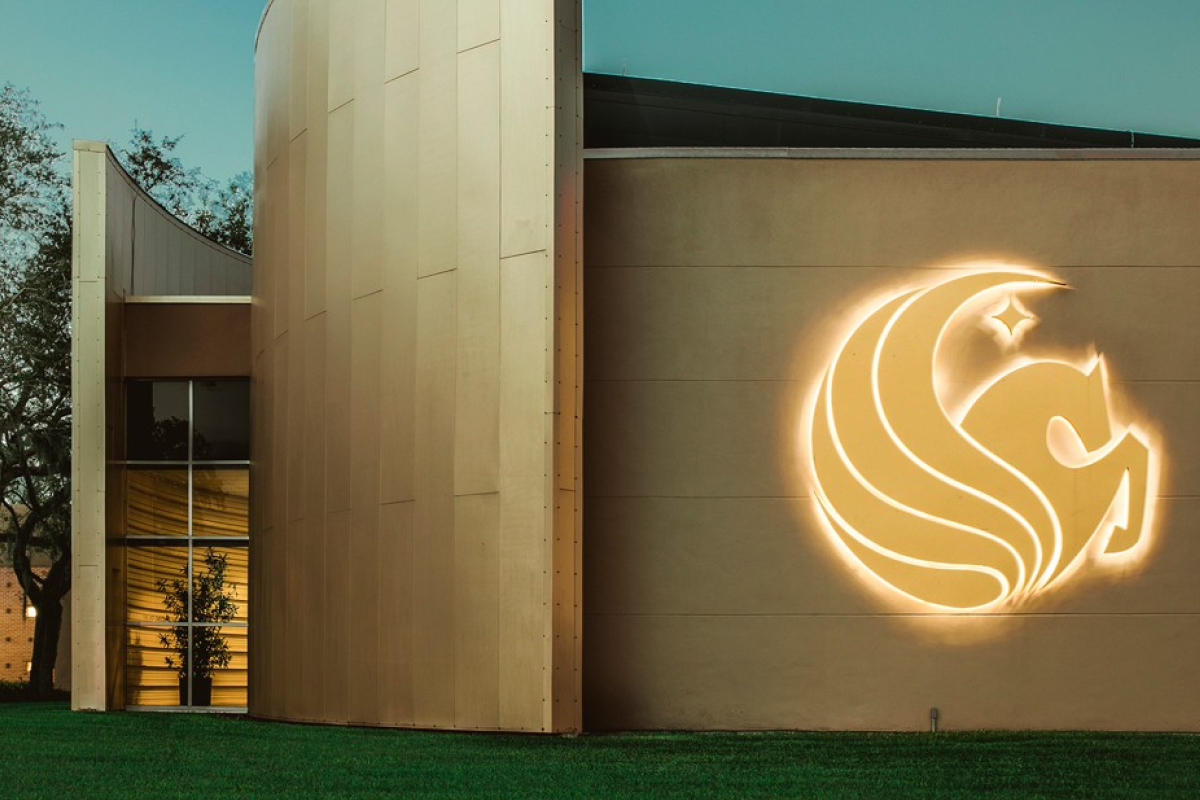Loyola Marymount University Empowers Residents and RAs with StarRez Roommate Agreements

Key Highlights
Increased Flexibility
StarRez allows LMU to tailor the roommate agreements process for a better student experience.
Time Savings for Staff
RAs are empowered to navigate roommate agreement revisions without needing to rely on professional staff.
Higher Completion Rates
A seamless process, automated communication, and easy tracking have increased roommate agreement completion rates.
Student Self-Service
Students can now view their agreement at any time. Changes can be made throughout the year as relationships evolve.

Region
Industry
Beds
Active Since
Product Highlights
Integrations
Loyola Marymount University (LMU) has approximately 7,000 undergraduate students with a residential population of around 3,700. Nearly their entire first-year class resides on campus, emphasizing the importance of roommate agreements in fostering a positive residential community experience. Their Student Housing Office operates as a cohesive unit with two distinct teams: the Resident Services team and the Residence Life team. Comprising assistant directors, housing services supervisors, and operations and assignments coordinators, their dedicated staff plays a pivotal role in ensuring a seamless and enriching living experience for all LMU students.
Roommate Agreements foster communication amongst roommates by establishing expectations and creating a reference point for future conversations. For LMU, roommate agreements also historically served as a powerful community building tool. After years of using triplicate roommate agreement forms, however, the LMU team sought to modernize and streamline their roommate agreement experience by creating electronic Roommate Agreements in StarRez.
The Problem with Pen & Paper
Before implementing the StarRez Roommate Agreements module, LMU used an archaic and cumbersome pen-and-paper system with carbon copies. Shortly after move-in, roommates met with their Resident Assistant (RA) and received the form and instructions for completion. The LMU staff was then responsible for tracking down completed forms and distributing the copies between residents and filing cabinets.
“We wanted to go digital because we had some issues with paper copies getting lost, and they're stored in different places, along with the other challenges that can come with static documents.”
- Brandon Holmes, Assistant Director of Occupancy and Systems at LMU
Executing roommate agreements across LMU's 17 communities posed several challenges for the team. In addition to missing forms, the manual distribution of static copies led to complications in follow-ups and revisions. Agreement completion was tracked in a spreadsheet and proved impossible to maintain as soon as room changes occurred. Additional support was required from professional staff to foster productive roommate conversations and administratively support the revision process.
Crafting a Streamlined Process for Residents & RAs
To enhance and refine their Roommate Agreements, LMU leveraged StarRez to create an online experience that benefits both staff and students. Using the StarRez Roommate Agreements module, the entire process was moved to an electronic format and the advantages of the new process were quickly realized.
Asking the Right Questions
LMU created a roommate agreement process to accommodate traditional residence halls, suites, and apartments. The agreement questions were designed to dynamically display based on the room type and building. The flexibility StarRez provides has enabled LMU to automate these unique processes to create a seamless experience for all students, no matter their type of living space.
Though the goal was to create a self-service experience for the students, LMU didn’t want to completely remove the Resident Assistant from the experience. At LMU, the most successful Roommate Agreements include an intentional conversation led by the Resident Assistant. With these still taking place, a password is provided to the Resident Assistants. This password, unique to each community, ensures that roommates engage in facilitated, mediated, or observed conversations with their RA present. The residents are only able to begin the electronic agreement by entering the password provided by the RA.
“The roommate agreement implementation has given us the opportunity for a lot of flexibility, because it allows us to customize the questions for our various types of communities. Whereas before, using the carbon copy - pen and paper method, we were very much limited to just using one set of questions to everybody across campus.”
- Brandon Holmes, Assistant Director of Occupancy and Systems at LMU
All roommates are prompted to log in, review responses, and affirm the agreement. Upon completion of the agreement, an automatic confirmation message assures students of successful submission. These automated communications have not only saved staff time, but moved residents swiftly through the process, ensuring higher completion rates.
Empowering Residence Life Staff

LMU aimed to empower their RAs, RDs, and other residence life staff to effectively monitor and manage all roommate agreements and eliminate the need to search through file cabinets. Residents can access submitted agreement at any time through the resident portal.
Should roommates want to make updates, Resident Assistants can reopen the roommate agreement for a specific group. Previously this required the RAs to request the filed away copy of the agreement from the RD. In the electronic process, LMU configured their user access to ensure RAs were only able to view and update specific resident details, including directory information, room assignments and, of course, roommate agreements.
When residents want to make updates to an agreement, this access allows RAs to facilitate changes by reopening the submission. Once the agreement has been reopened, residents update their responses and resubmit the agreement.
“Our Resident Assistants feel empowered to help residents to complete and update the Roommate Agreement.”
- Brandon Holmes, Assistant Director of Occupancy and Systems at LMU
LMU uses reports and dashboards for RAs and Residence Life staff to easily track completed versus incomplete agreements. Knowing which residents to nudge to complete their agreement has positively impacted completion rates. Additionally, dashboards and reports help staff gauge completion rates, facilitating efficient management of the process.
Gone are the paper copies and inaccurate spreadsheets.
Positive Outcomes of Roommate Agreements
These improvements to the roommate agreements process have made it simpler for RAs to support residents and for residents to support themselves. Positive outcomes resulting from the changes made include the following:
- RAs can now easily revise agreements during roommate mediations without needing additional staff involvement. In instances of ongoing conflicts, RAs can promptly revisit specific sections of the agreement and allow residents to make necessary updates.
- There is no longer a need for RAs to consult with Resident Directors to request copies of the original agreement. Residents can view a copy whenever they need.
- Professional staff members have full visibility of the entire process – they can track each step as students complete their agreements.
- Residents have the freedom to review and revise their agreements if conflicts arise.
Hear more from Brandon about how LMU configured their Roommate Agreements in the webinar: Combining Community & Technology. Learn how you can optimize your roommate agreements process with StarRez.
Share






